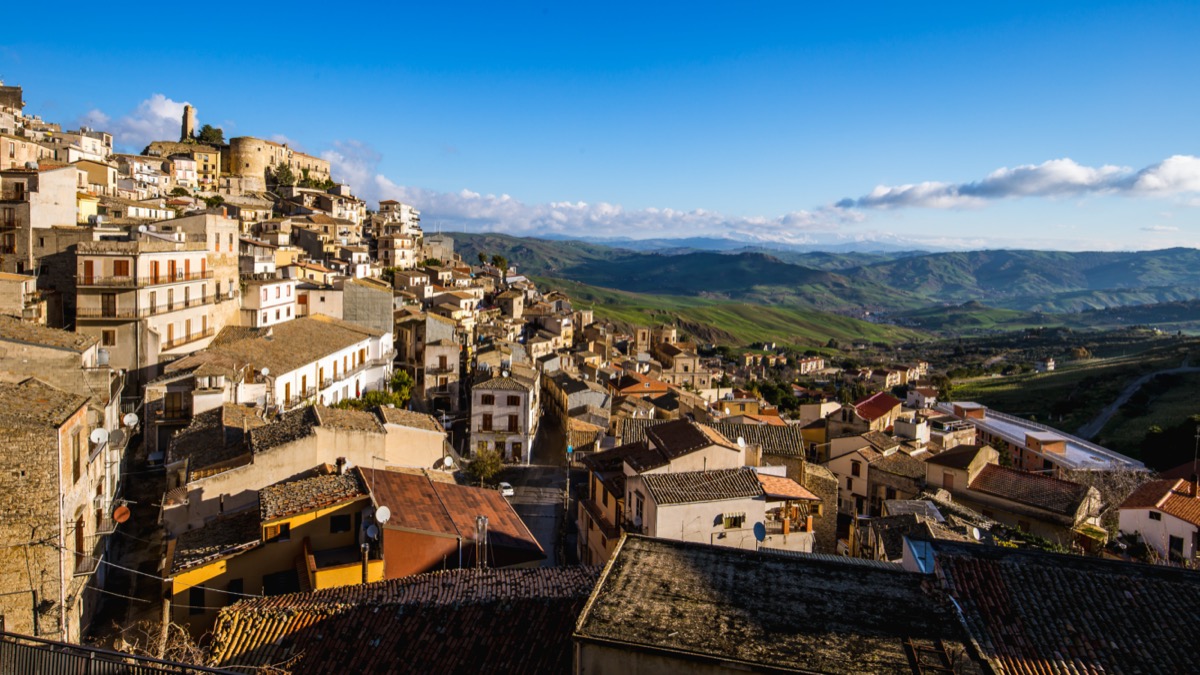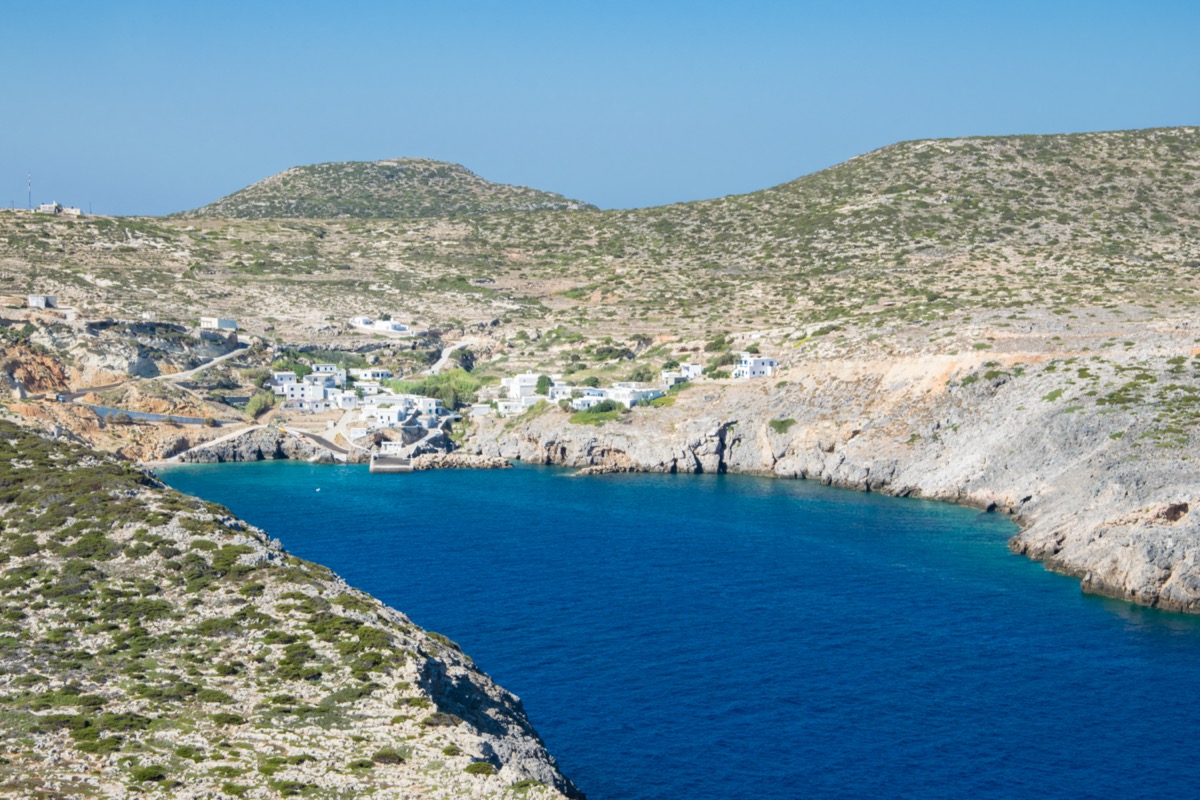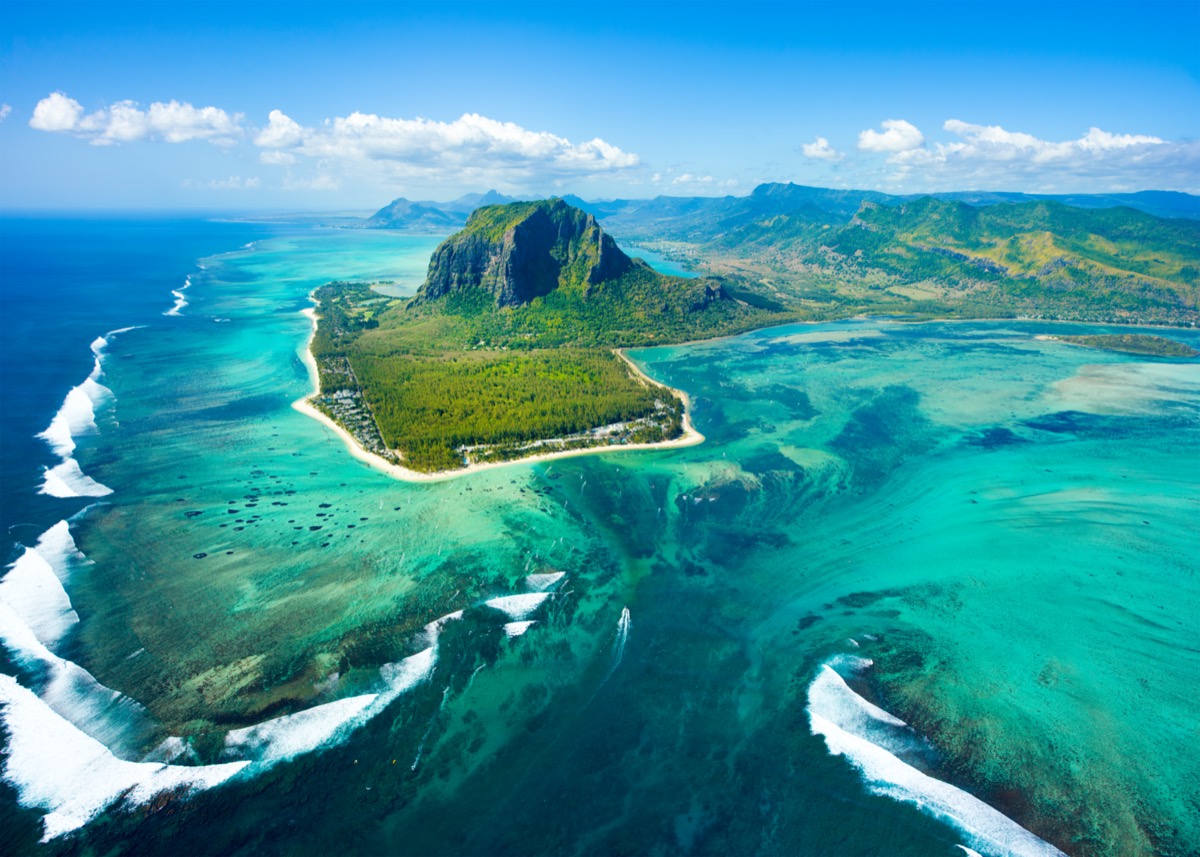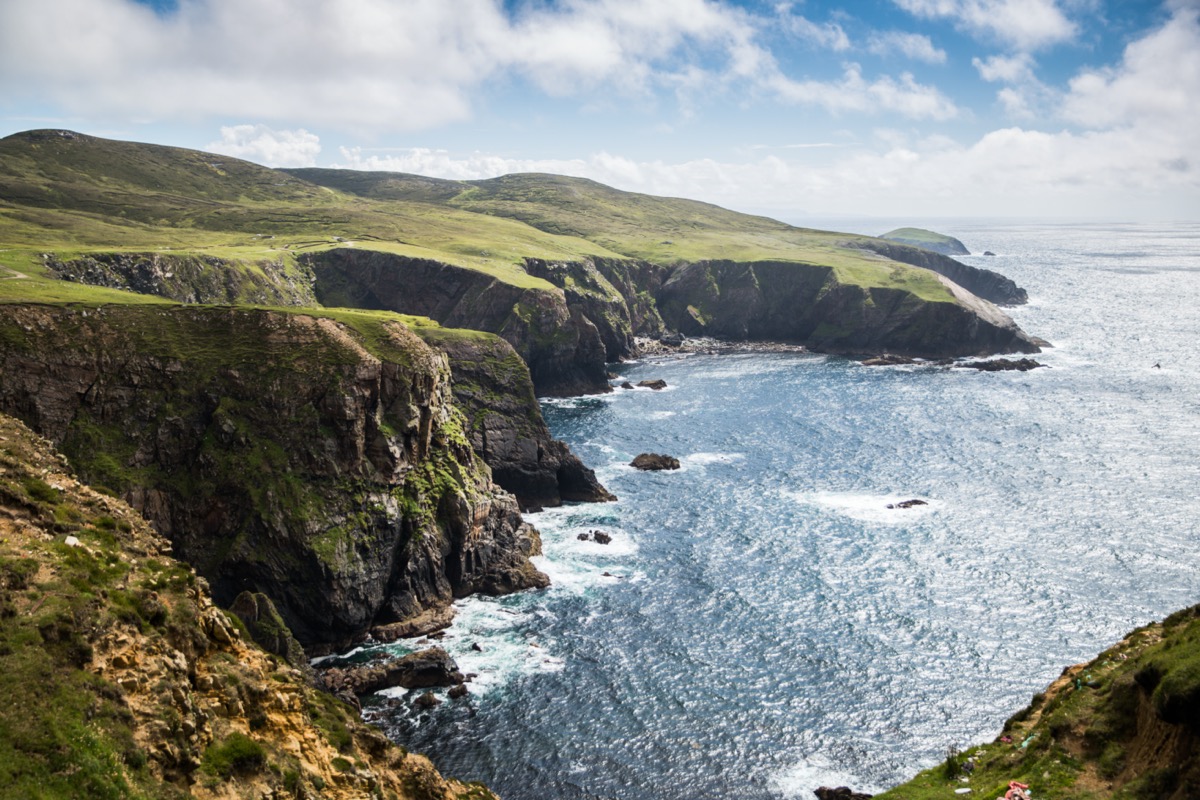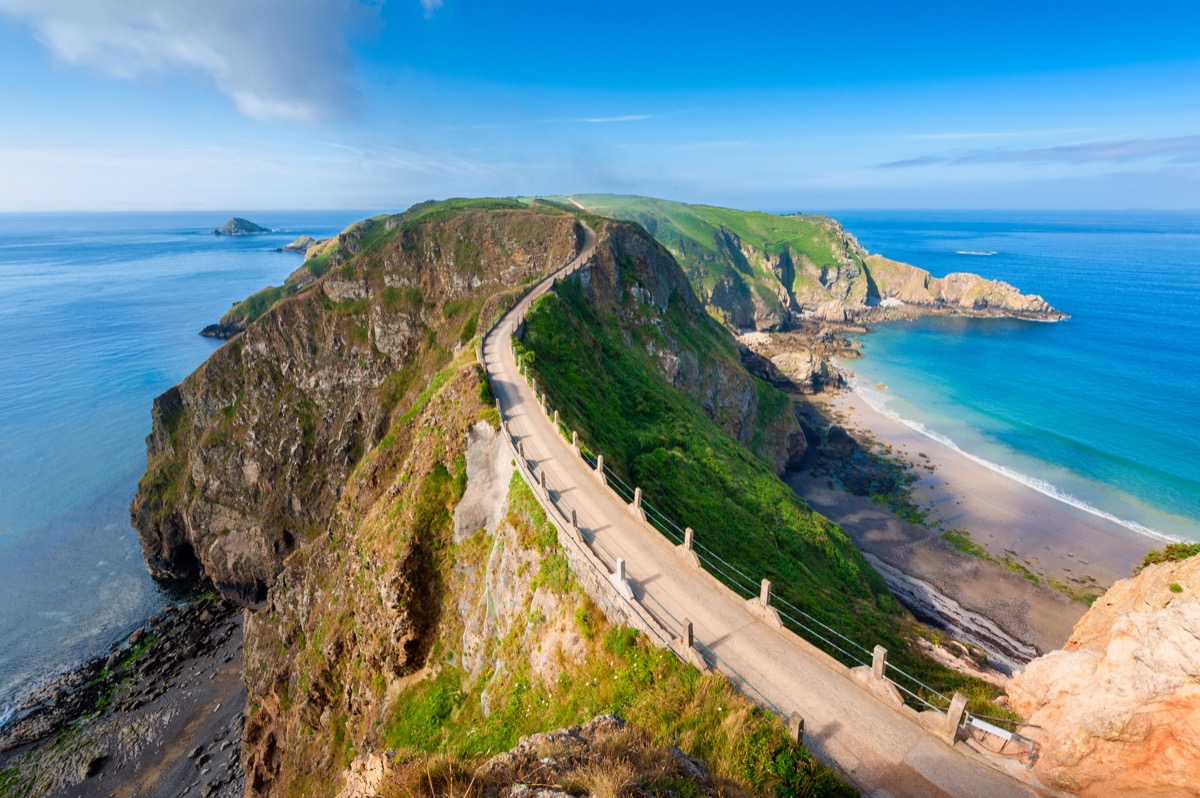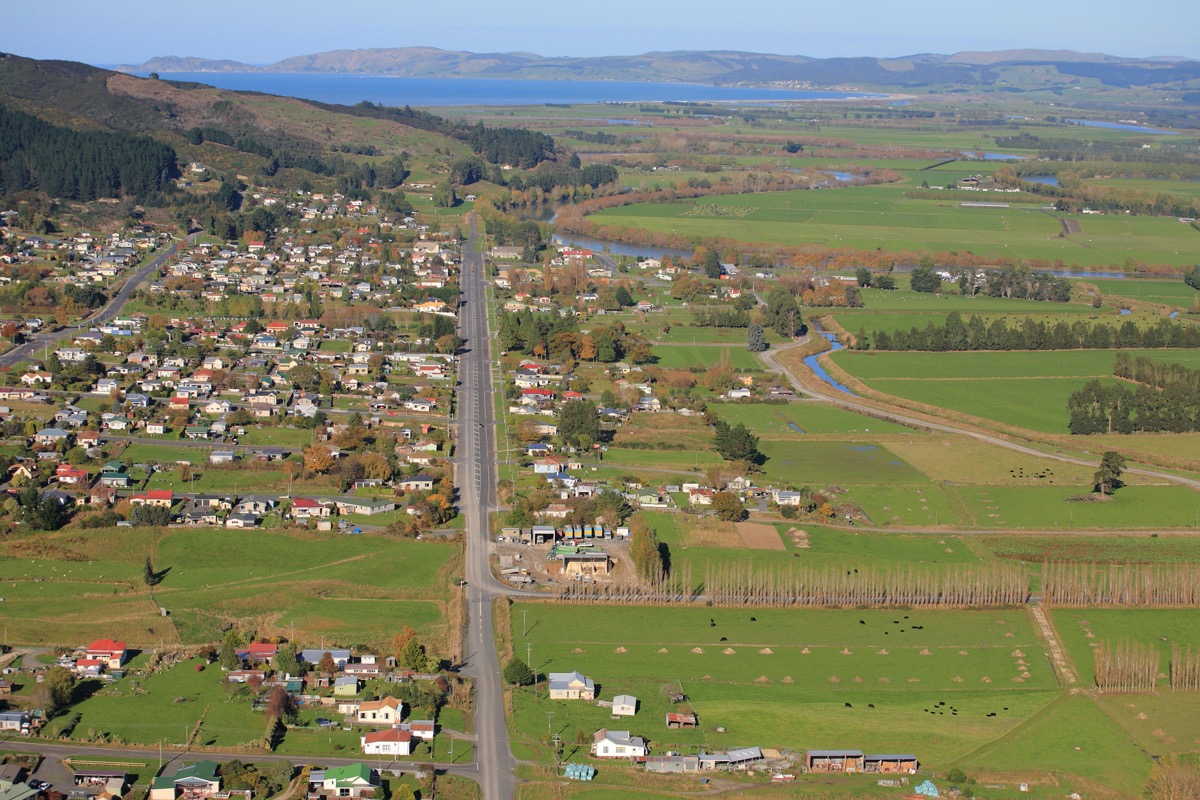Who hasn’t imagined quitting the 9-5 life and escaping to Italy, as seen in Under the Tuscan Sun or Eat, Pray, Love? Well, you could make that fantasy a reality in Sicily. According to CNN, the mayor of Cammarata, a hilltop hamlet just south of Palermo where Olympic horses used to train, is giving historic villas for free to new residents in order to rebuild the community. The only catch? The new owners must renovate the house within three years and put down a €5,000 ($5,900) security deposit, which will be returned once the construction is done. However, if you have a child after you move, the government will give you a €1,000 ($1,180) baby bonus. Talk about la dolce vita.ae0fcc31ae342fd3a1346ebb1f342fcb Other Italian towns have set up similar successful programs, including Sambuca, Sicily, which sold homes for one euro; Molise, a region in southern Italy, paid a €700 ($825) monthly stipend for three years—that’s around $29,700 total!—for people to open a business in the area; and Locana, which offered €9,000 ($10,600) over the span of three years for families looking to put down roots in the Piedmont enclave. Windswept coastline and the cerulean Aegean sea await at this Greek island, a two-hour ferry ride from Crete. In an effort to repopulate the atoll—it only has 20 residents!—the local Greek Orthodox Church is sponsoring families to move. You would be given land, a house, and a €500 ($590) monthly allowance for the first three years you live there. That equates to roughly $21,000 when all is said and done. So far, four families have already been approved and more candidates are to come. If you want to go completely off the grid, Mauritius is it. The nation, known for its pristine lagoons and lush rainforests, is set in the middle of the Indian Ocean, just off the edge of East Africa and Madagascar. And, you could have your very own beach bungalow to call home. As part of the Mauritius Business Growth Scheme, launched in 2010, select entrepreneurs will be paid up to 20,000 Mauritian rupees (or $500) per month for a year to start their own venture. It might not sound like much, but with the cost of living so low on the island, a little goes a long way. And for more otherworldly getaways, check out the 30 Most Magical Islands on the Planet. This eight-square-mile cay off the northwest coast of Ireland has devised a plan to draw newcomers to its shores. With only 469 residents in 2019, Arranmore officials sent letters to Americans and Australians, asking them to consider relocating to the craggy outcrop. In addition to its fresh seafood, secluded beaches, and free-flowing Guinness (it is Ireland, after all), the island boasts a vibrant start-up scene with digital workspaces and high-speed internet access. Though no specific amount was stated, remote workers can apply to the nation’s generous Enterprise Ireland program to potentially score €800,000 (more than $945,000) in funding. Now that’s one big pot of gold. The smallest of England’s four Channel Islands, Sark is completely car-free, meaning it’s the perfect respite for outdoor enthusiasts who get around by hiking, cycling, or taking a quaint horse and carriage ride. It also features sandy beaches, bountiful wildlife (especially for birdwatchers), and otherworldly stargazing since it was designated the world’s first “dark sky island” in 2011. However, many young residents have left to go to the mainland’s bigger cities, causing one local to create the Sark Society, an organization that builds awareness for the tax-free isle and aims to double its population of 500. Right now, there is a limited “freedom of movement” initiative that makes it easy for people with EU, EEA, or Swiss passports to relocate without a visa until Dec. 31, 2020. And for some stateside gems, check out the 13 Secret Islands in the U.S. You Never Knew Existed. Honestly, with a name like the Isle of Rum, need we say more to entice you? While the 30-person community on the western side of Scotland is small, there are plenty of natural wonders and scenic attractions that make it a worthy place to settle down. For starters, you’ll find emerald mountains, an Edwardian-era castle, and cascading waterfalls in hidden glens. Plus, there are some financial incentives, too. The local government is building four eco-friendly houses for families, and jobs span from fishing to childcare. Applications must be submitted by Aug. 28, so get movin’ on this one! There are endless reasons why New Zealand would make for an ideal home base. Beyond its beauty, the country is known for its quality of life, safety, and affordability. In 2016, Kaitangata, a rural village on the farthest tip of New Zealand’s south island, contributed house and land packages for $230,000 NZ (or more than $160,000 USD at the time) for people to relocate, according to The Guardian. The tiny town had 1,000 open jobs in the agricultural and tourism fields, but not enough workers to fill the positions. And for more affordable options, check out the 17 Magical Destinations Where the U.S. Dollar Goes Further in 2020.
